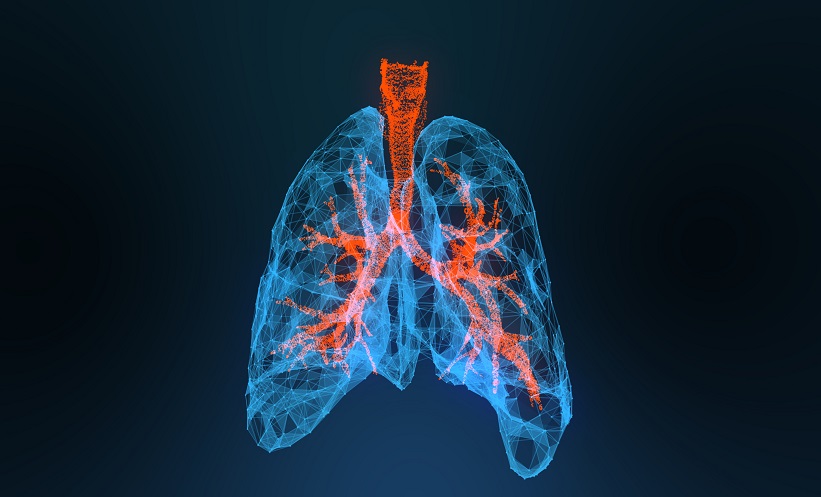A NOVEL deep learning-based radiomic biomarker could significantly enhance prediction of response to immune checkpoint inhibitors (ICIs) in patients with advanced non-small cell lung cancer (NSCLC). The study, published in a recent review, utilized real-world data (RWD) from 1,829 patients treated with PD-(L)1 inhibitors across multiple US and European centers. Researchers employed computed tomography (CT) and positron emission tomography (PET)-CT scans from routine clinical practice to develop the biomarker, named the computed tomography response score (CTRS).
The CTRS demonstrated strong predictive power in identifying patients with a high probability of response to ICI therapy. In the RWD test cohort, the biomarker showed a progression-free survival (PFS) hazard ratio (HR) of 0.46 and an overall survival (OS) HR of 0.50, highlighting its effectiveness in assessing treatment outcomes. The enhanced CTRS, which also integrated patient demographics and lesion annotations, outperformed traditional lesion size-based imaging markers for both PFS and OS.
In an additional validation using a prospective clinical trial dataset, the CTRS continued to perform well, further solidifying its potential in clinical practice. The study emphasizes the utility of routine CT/PET-CT scans combined with AI-driven analysis to offer more precise treatment strategies, potentially improving survival outcomes in patients with advanced NSCLC.
Reference: Sako C et al. Real-World and Clinical Trial Validation of a Deep Learning Radiomic Biomarker for PD-(L)1 Immune Checkpoint Inhibitor Response in Advanced Non–Small Cell Lung Cancer. JCO Clin Cancer. 2024;8.
Anaya Malik | AMJ








